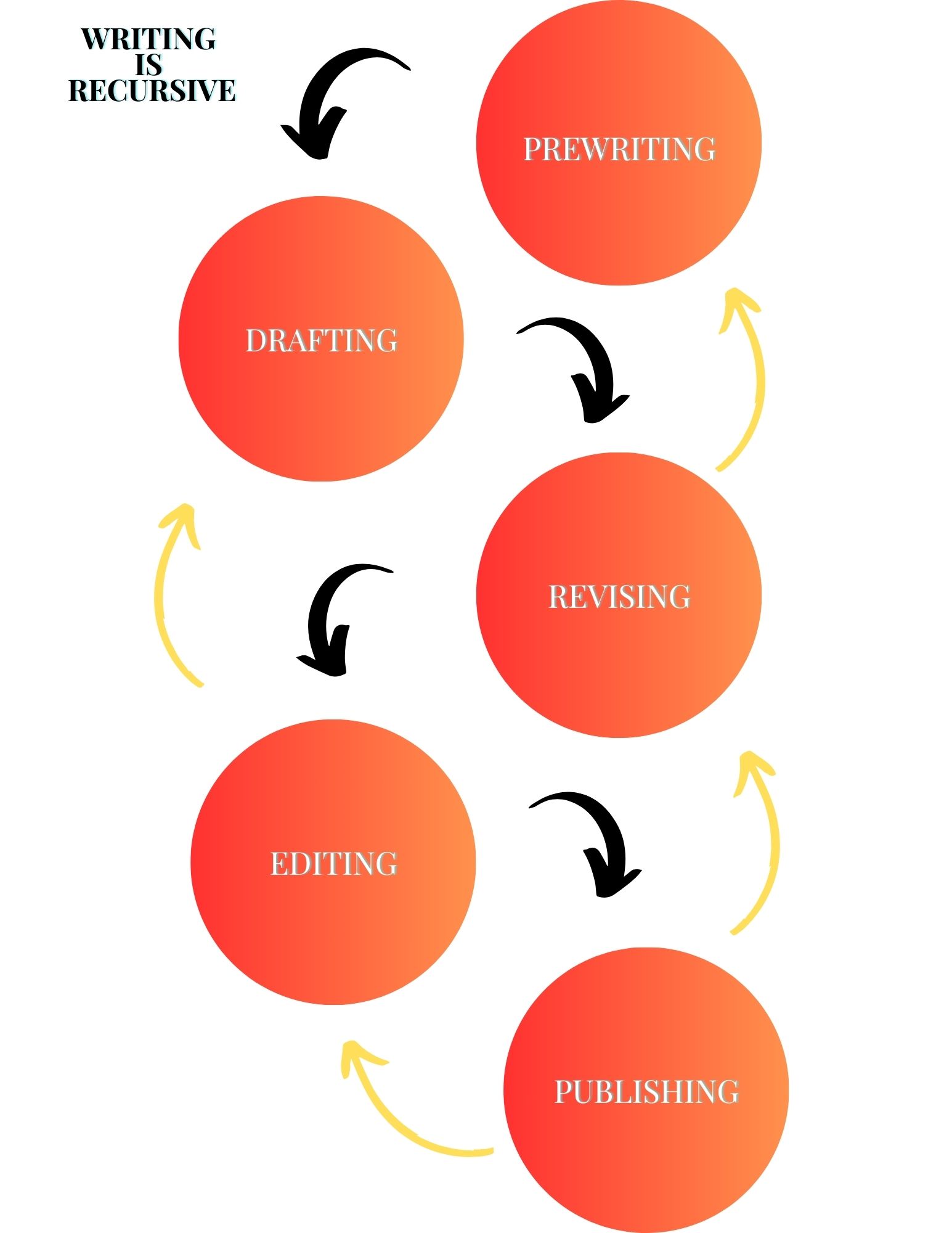“The rim of black spread slowly into the sun’s disk, my heart beat higher and higher, and still the assemblage and the priest stared into the sky, motionless. I knew that this gaze would be turned upon me, next. When it was, I was ready. I was in one of the most grand attitudes I ever struck, with my arm stretched up pointing to the sun. It was a noble effect. You could see the shudder sweep the mass like a wave. Two shouts rang out, one close upon the heels of the other:.”
Greetings! For today’s post, we are going to look at Chapters V through VIII of Mark Twain’s A Connecticut Yankee in King Arthur’s Court. These next four chapters bring Hank Morgan face to face with mortality, and he finds his place in the new world under a new title.
Chapter V: An Inspiration
Hank wakes himself in the dungeon and finds Clarence there to discuss his current predicament. Luckily, Hank has found a friend in Clarence and uses him for his knowledge of the kingdom and his ability to get into the great mead hall with King Arthur.
It is here, too, that Clarence divulges Merlin’s “true” power in the kingdom–his power to cast spells. Of course, Hank laughs at the page for his gullibility. As such, he tells the page that he is in fact a powerful wizard who, if burned at the stake like intended, will simply blot out the sun and cause a great ruin to befall the kingdom of Camelot and the world.
Chapter VI: The Eclipse
Hank is brought forth to be burned, regardless of his threat to the kingdom, and finds himself confronted with a stake and bundles of wood in a court of commoners and lords. He is also too early for his eclipse–or at least he thinks–and is so surprised when the sun begins to blot out due to the eclipse that he uses this time to win the lords favor. Hank merely has to threaten the throng to “blast him thunder” and “consume him with lightning” those that try to harm him.
“My idea worked. I wanted to keep things as they were till the eclipse was total, otherwise they would be trying again to get me to dismiss the darkness, and of course I couldn’t do it” (Twain).
Finally, even though he doesn’t know how long an eclipse takes, Hank tells the group that he will stop it from happening by saying, “Let the enchantment dissolve and pass harmless away!” Though a moment passes, the eclipse abates. Hank has proven him self a powerful sorcerer, regardless of its honesty to claim.
Chapter VII: Merlin’s Tower
Hank gains favor in the kingdom for his power, but still finds that his elevated position is lackluster. “There was no soap, no matches, no looking-glass–except a metal one, about as powerful as a pail of water.” He calls these “conveniences,” and yet they are anything but a convenience.
Additionally, his new position brings about enemies, and Merlin soon finds himself in the spotlight of Hank’s ire. Clarence discovers that Merlin is “spreading a report that I was a humbug, and that the reason I didn’t accommodate the people with a miracle was because I couldn’t.”
Fortuitously, it is at this time that Hank is looking for another miracle to execute so that the commoners can take the story back to their corners of the world, making his power a concrete block in the eyes of the ruling parties.
So, Hank has Merlin imprisoned in the same cell that he occupied and with the help of Clarence, they rig Merlin’s Tower with explosives. On the day of the planned explosion (miracle), Hank has Merlin brought out to try and stop his machinations. “Merlin arrived in a gloomy mood. I said: ‘You wanted to burn me alive when I had not done you any harm, and latterly you have been trying to injure my professional reputation…”
Merlin of course can not stop the explosion even though he tries a spell, and his tower explodes in a great theatric.
“It was an effective miracle. The great bothersome temporary population vanished. There were a good many thousand tracks in the mud the next morning, but they were all outward bound. If I had advertised another miracle I couldn’t have raised an audience with a sheriff” (Twain). Afterward, Hank spares Merlin further grievance but demotes him from his previous stature in the kingdom.
Chapter VIII: The Boss
Chapter VIII is a musing chapter, in which Hank (certainly Mark Twain’s own beliefs interjected) discuss how he wants to be viewed in society, while also holding his own office of sorts. Now, the days are gone when he would “wake up” and “listen for the Colt’s factory” and now he has come around to the idea that he “was actually living in the sixth century.”
His musings continue with the authority of his personage. “I was no shadow of a king; I was the substance; the king himself was the shadow,” he states. ” His intelligence, he surmises, makes him actually powerful, however much of a ruse has been played on the kingdom. Yet, he brings up his hostility and fear of the Church, which was vested in people’s lives in a very deep and connected way–a way that he had no way to encounter or break.
Moreover, he touches on his deeper feelings of “freemen” and their role in society. In his view, they are “slaves” and the chains about their necks were held by Church and King.
He states: “Inherited ideas are a curious thing, and interesting to observe and examine. I had mine, the king and his people had theirs. In both cases they flowed in ruts worn deep by time and habit, and the man who should have proposed to divert them by reason and argument would have had a long contract on his hands” (Twain).
In other words, the Church and Kingdom have long been in the people’s minds, so long that breaking such a tradition would be nearly impossible; but Hank crafts his new image through name–a way to separate his name from those of the Church and of the nobles. After all, everybody would recognize “King” for what it was, and “lord” for what it was, and “Priest” for what it was, but what could set him apart?
A new title.
“This title, translated into modern speech, would be THE BOSS. Elected by the nation. That suited me. And it was a pretty high title. There were very few the’s, and I was one of them. If you spoke of the duke, or the earl, or the bishop, how could anybody tell which one you meant? But if you spoke of The King or The Queen or The Boss, it was different” (Twain).
Analysis
These chapters get to the grit of some philosophical musings of Twain. First, his disdain for the Church and its tradition in people’s lives. His hate for the institution becomes more clear and aggressive in later chapters. Likewise, we see how Twain views the people in tradition, that they are simpletons, who truly want to have a good life, but are indoctrinated by the society in which they live.
Hank tells the reader: “Well, I liked the king, and as king I respected him—respected the office; at least respected it as much as I was capable of respecting any unearned supremacy; but as men I looked down upon him and his nobles—privately,” (Twain).
In coming chapters, we find more of this mindset, which puts Hank on a violent course to revolution.
Works Cited
Project Gutenberg. (n.d.). A Connecticut yankee in king Arthur’s Court. The Project Gutenberg eBook of A Connecticut Yankee in King Arthur’s Court, by Mark Twain. https://www.gutenberg.org/files/86/86-h/86-h.htm








Leave a Reply